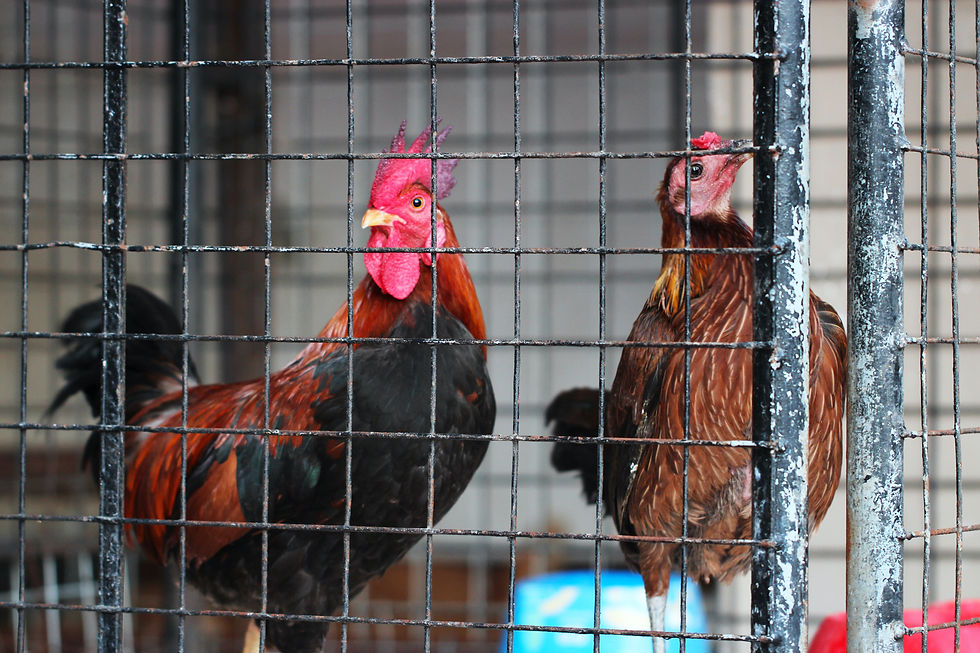At PINF, we are pressing pause on Twitter/X. Jonathan Heawood explains why.

At PINF, we like to be out and about. If there are social media platforms where we can promote independent journalism and learn about other people’s work, you will find us there. We currently have accounts on LinkedIn and YouTube, and we’d happily share our work elsewhere if we hear of other suitable platforms.
We have also since the early days of PINF had an account on X (formerly known as Twitter).
However, after a long conversation, we have decided to pause our activity there.
We have nothing personal against Elon Musk. I’m sure he’s a fascinating man. But we can’t ignore the fact that, under his ownership, Twitter/X has become an increasingly problematic place.
We made our decision last month. It was around the time X announced that it would strip headlines from news story links, a move they said would 'improve the aesthetics' but that was widely seen, including in our network of independent publishers, as the latest in a series of hostile steps against news organisations.
Musk has dismantled Twitter/X’s safety teams, leading to a predictable rise in hate speech. The Center for Countering Digital Hate and organisations like HateAid have found that incidents of racist, homophobic and antisemitic hate speech increased significantly on the platform after its takeover by Musk.
Twitter/X has become particularly dangerous for journalists. Rebecca Whittington, Online Safety Editor at Reach, has written about the serious change in culture over the last year:
‘Nowadays my account is often locked down, my tweets are chosen carefully for fear of reprisal, and I spend a good chunk of my day job helping colleagues who are being abused by other Twitter users.' Online harm against journalists is a real and serious problem and, unfortunately, Twitter has played a significant role as a vehicle for racism, misogyny, harassment, intimidation and more.’
Labelling the BBC as ‘government-funded media’, where the government is involved with controlling editorial content, may just have been a clumsy mistake, but it also has serious implications for the safety of BBC journalists.
Alongside hate speech, the platform also seems to have a problem with misinformation and disinformation. This is hardly unique to Twitter/X, but other platforms are at least promising to do something about it, whereas Musk’s platform appears to be monetising it.
Once, a blue tick was a mark of credibility. Now, blue ticks are for sale, and people can pay to be taken seriously – by the algorithm, at least.
In the words of Benedict Evans, we now see ‘deliberate misinformation promoted by what we used to call ‘fake accounts’ that now get promoted by the algorithm because they pay their $8/month.’
And so, like Evans and many other people we have decided that enough is enough – for now.
We believe in journalism that informs and empowers people to take part in society. At present, Twitter/X doesn’t feel like a place that shares our values. So, we are suspending our account until we see substantive change.
Jonathan Heawood is Executive Director at PINF.
